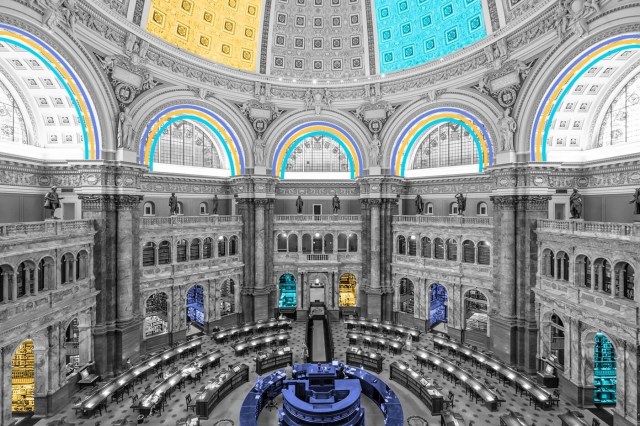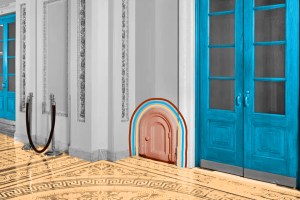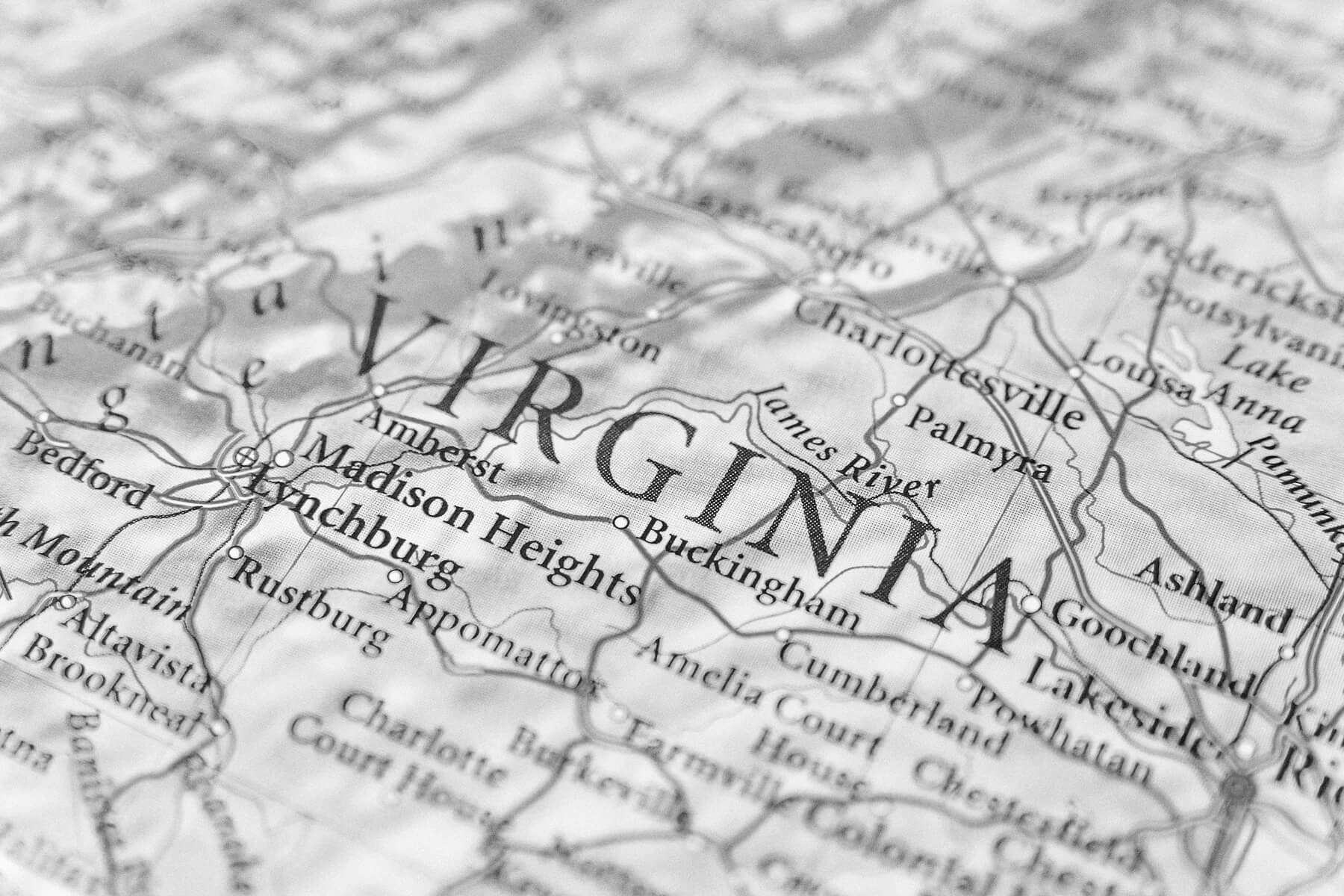
Numbers Don't Lie

The Library of Congress was first proposed by ______.

Ready to reveal?
Confirm your email to play the next question?

The Library of Congress was first proposed by James Madison.

The original library was burned down in the War of 1812.
The Library of Congress was comparatively tiny for the first 14 years of its existence, but that didn’t make it any less tragic when its collection of 3,000 books was destroyed along with the Capitol building on August 24, 1814. The conflagration that took it down, part of the War of 1812, necessitated a new location. Enter Thomas Jefferson, who offered his own collection of 6,487 books (then the largest personal library in the nation) as a replacement for the lost volumes. Though he didn’t do so for free — Congress paid him $23,950 — Jefferson did provide the foundation for what the library would eventually become. Sadly, a second fire destroyed most of his contribution as well as nearly two-thirds of the entire collection on Christmas Eve 1851, but the institution rose from the ashes once again.

















